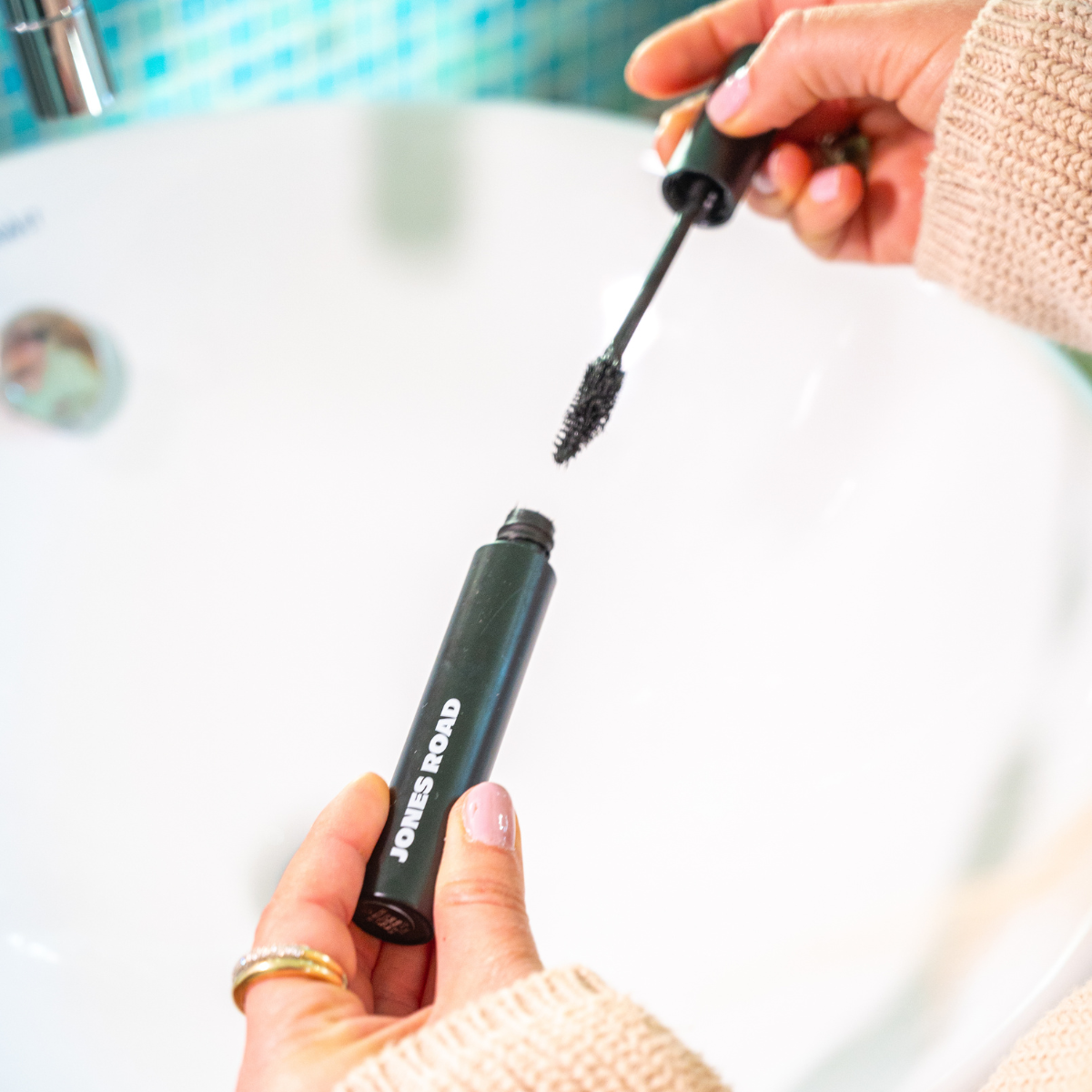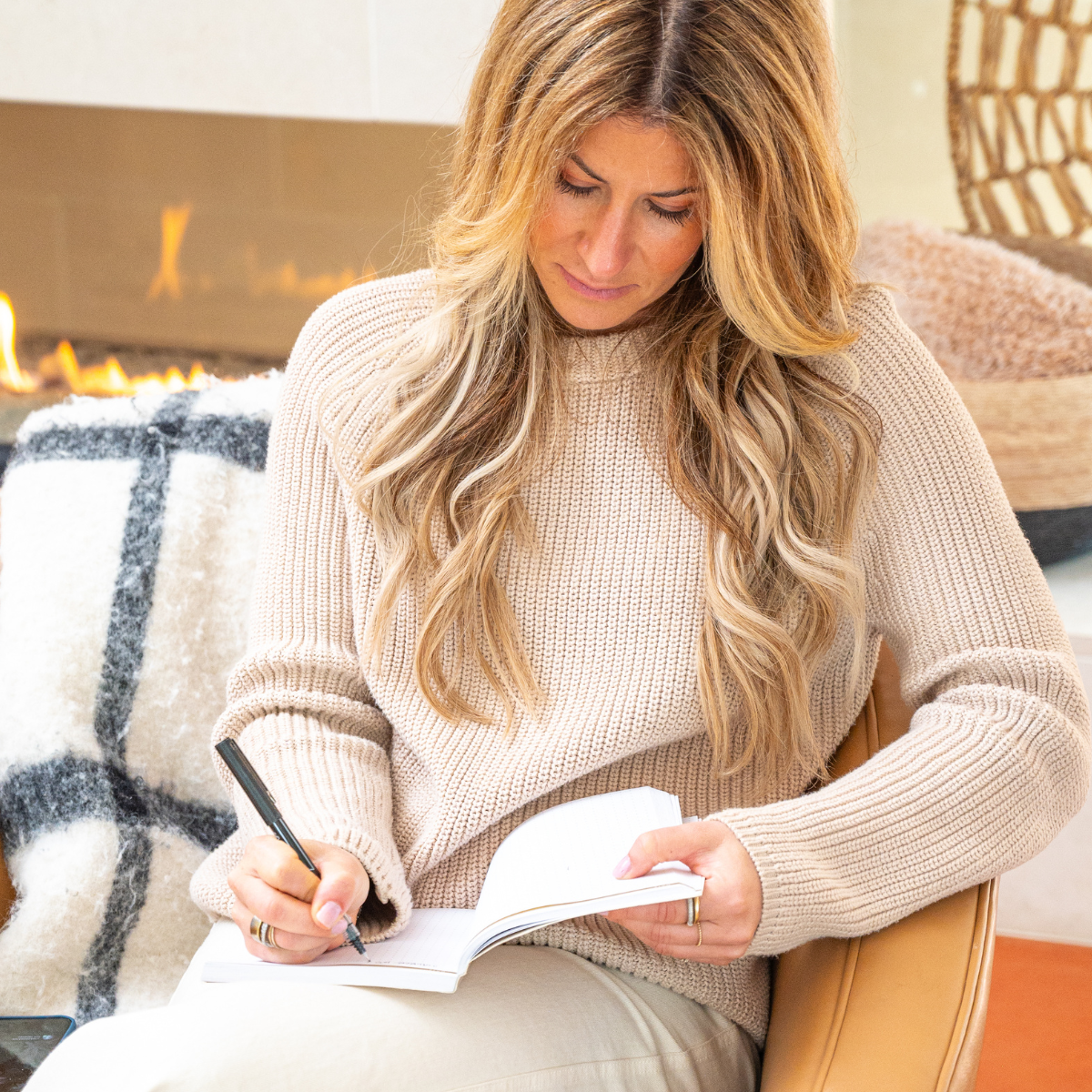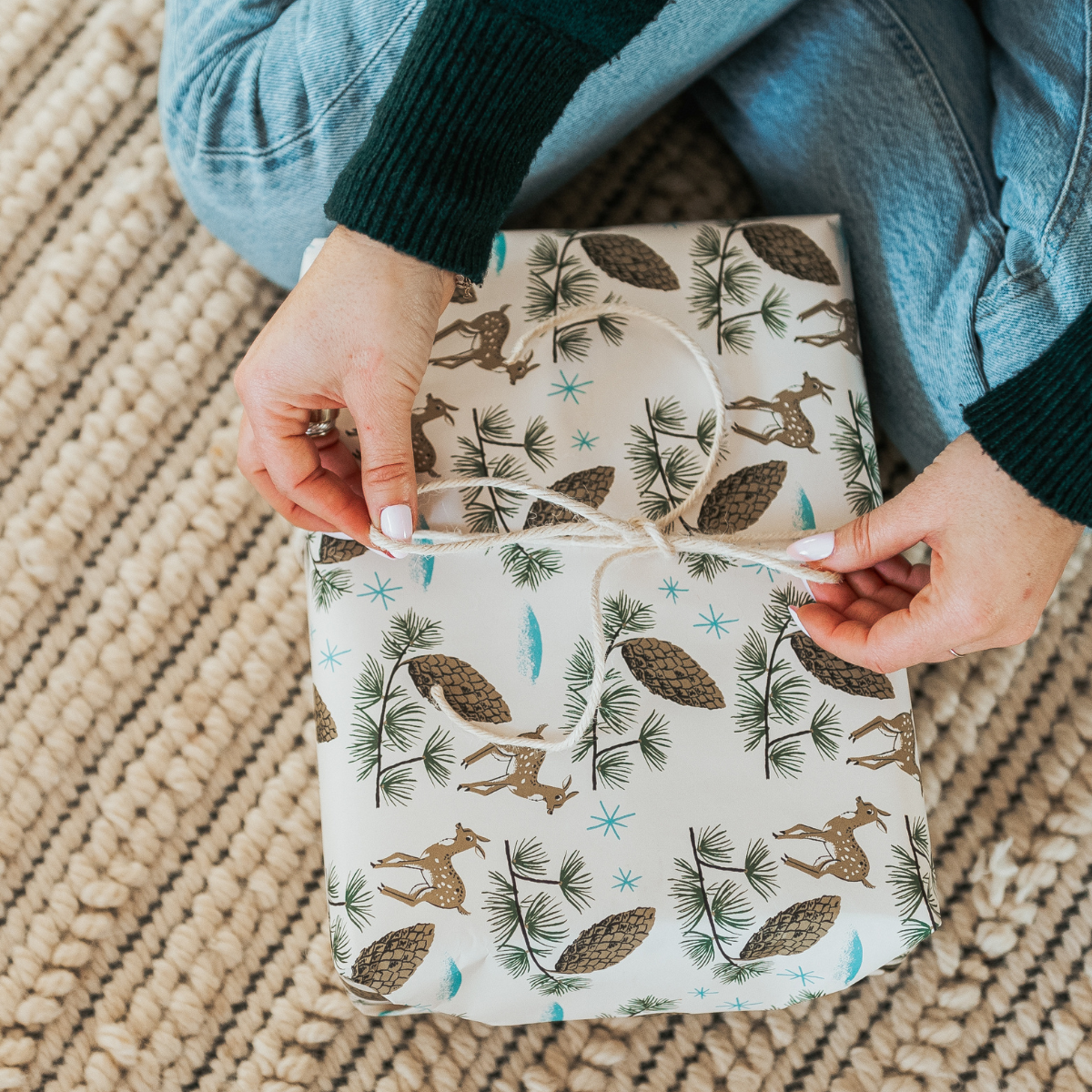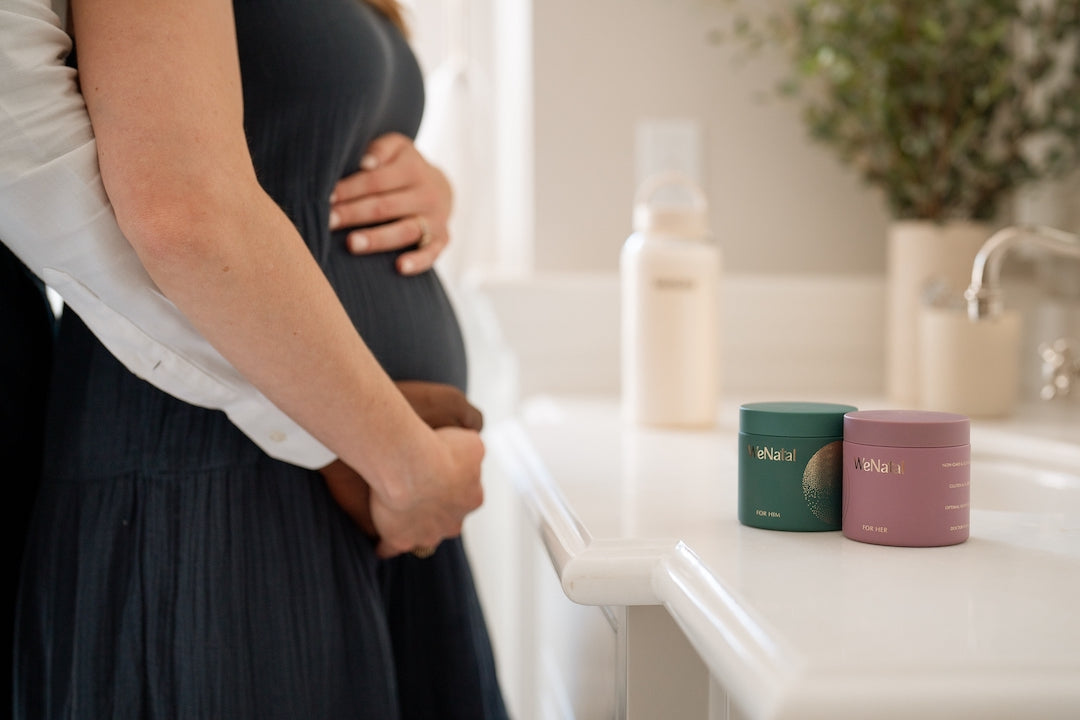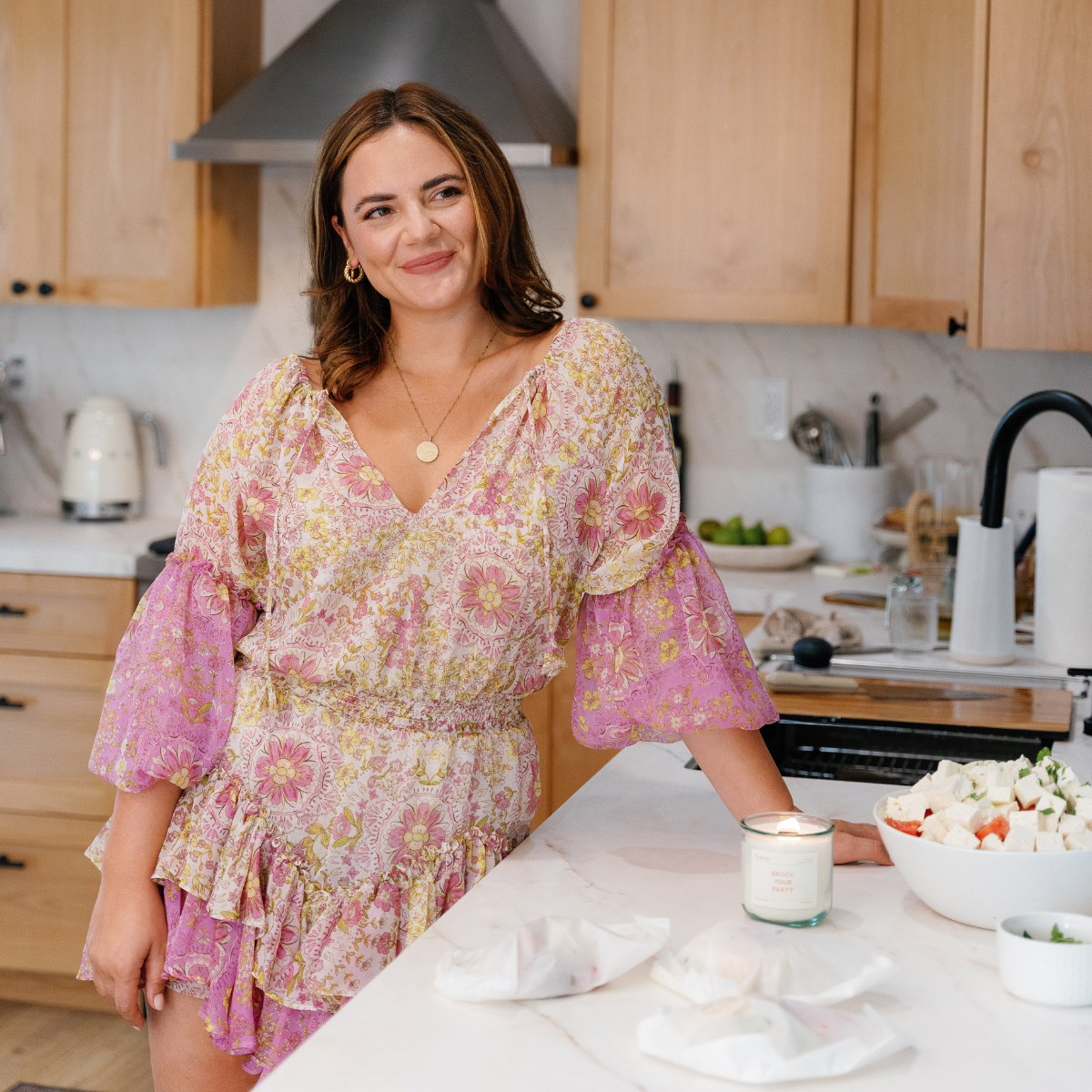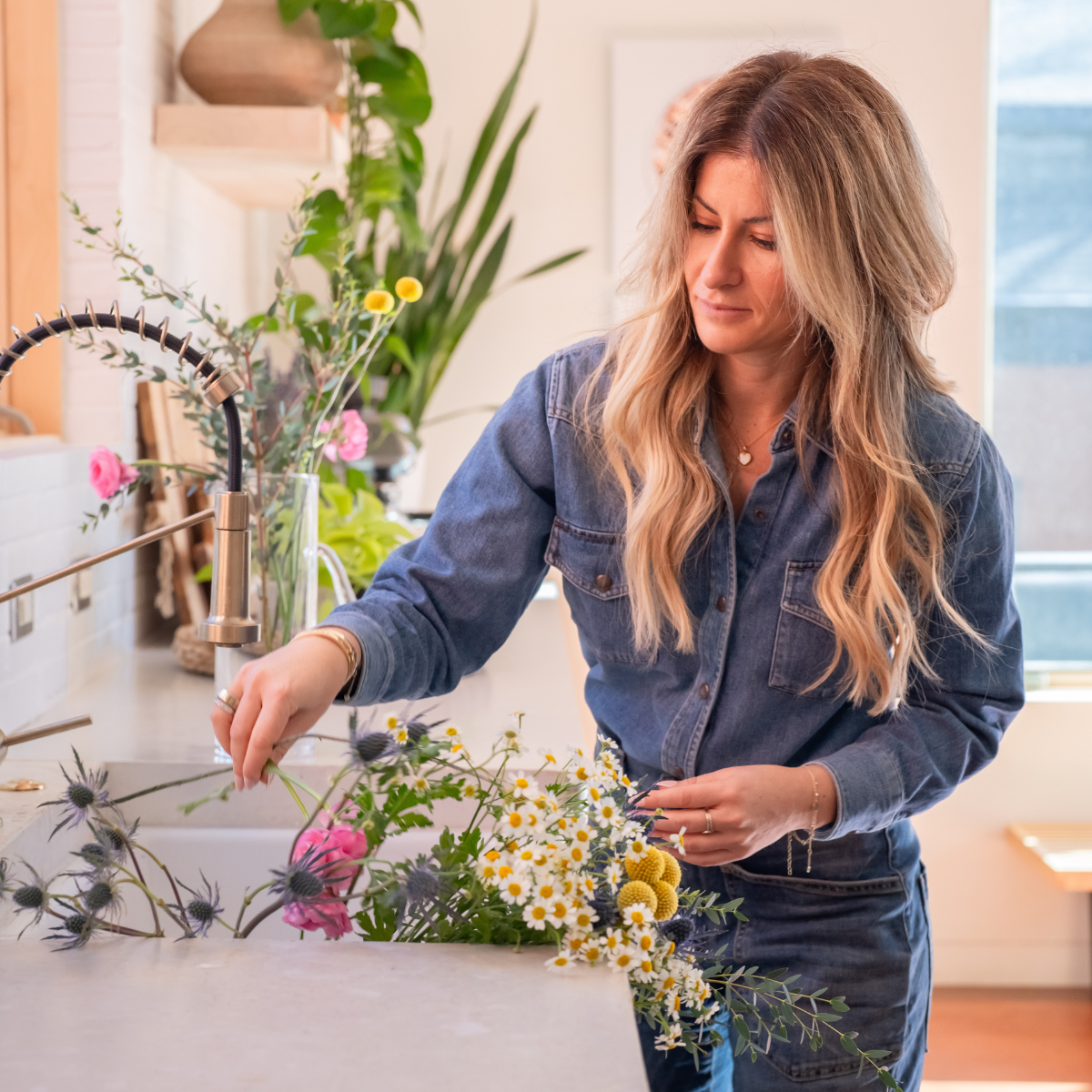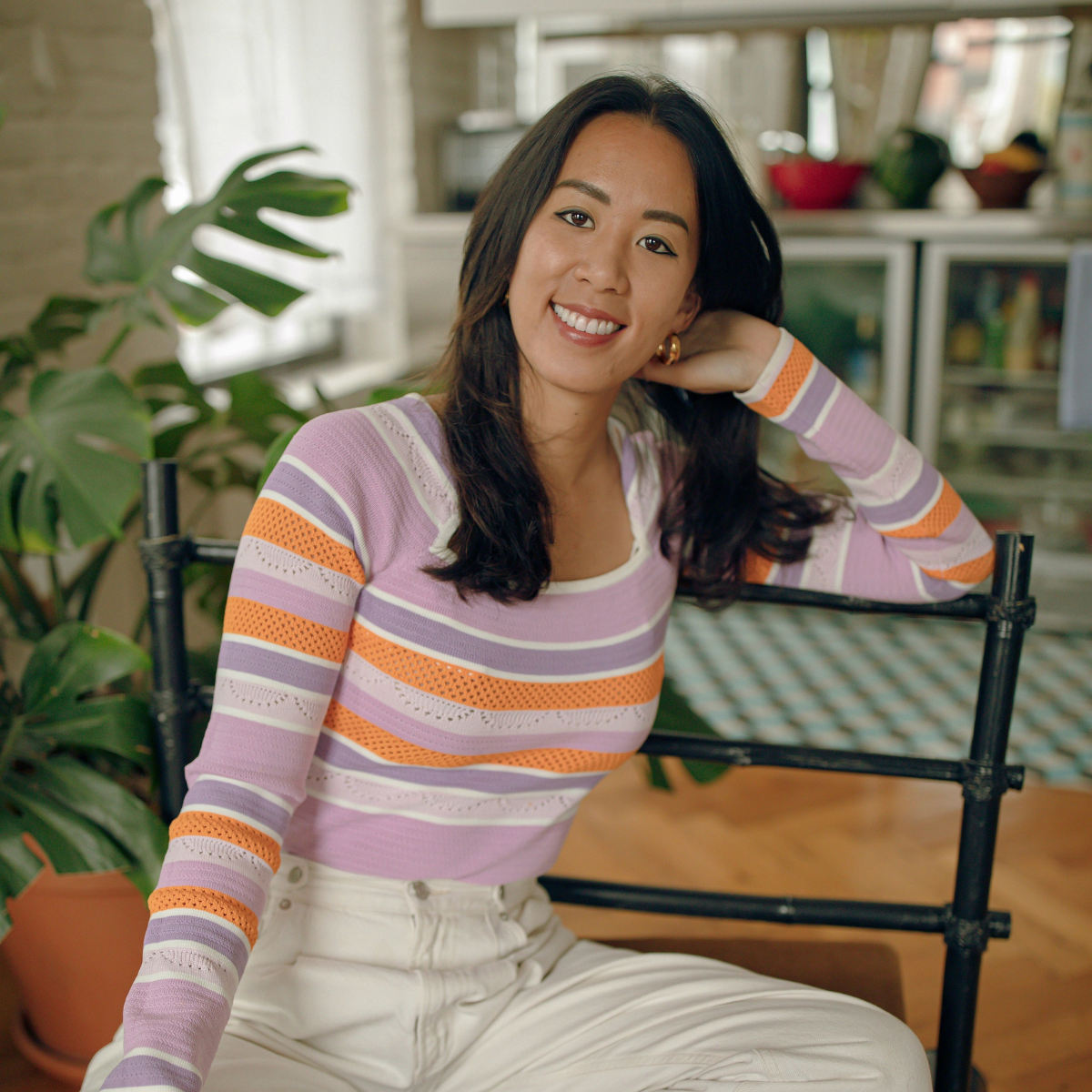We take a big bite towards wellness this week as Elizabeth is joined by Sara Cullen, founder of GEM, a nutrient-dense food company focused on whole foods and sustainability. A pioneer in the food and beverage space, Sara shares her journey building GEM after discovering her own nutrient deficiencies, and the challenges of fundraising and product development as a smaller business. They discuss GEM’s science-backed formulation featuring superfoods like algae into one bite without any added fillers, building community engagement, and how small steps in nutrition can positively impact your day.
Use code: livepurely30 for 30% off your 1st month of GEM.





